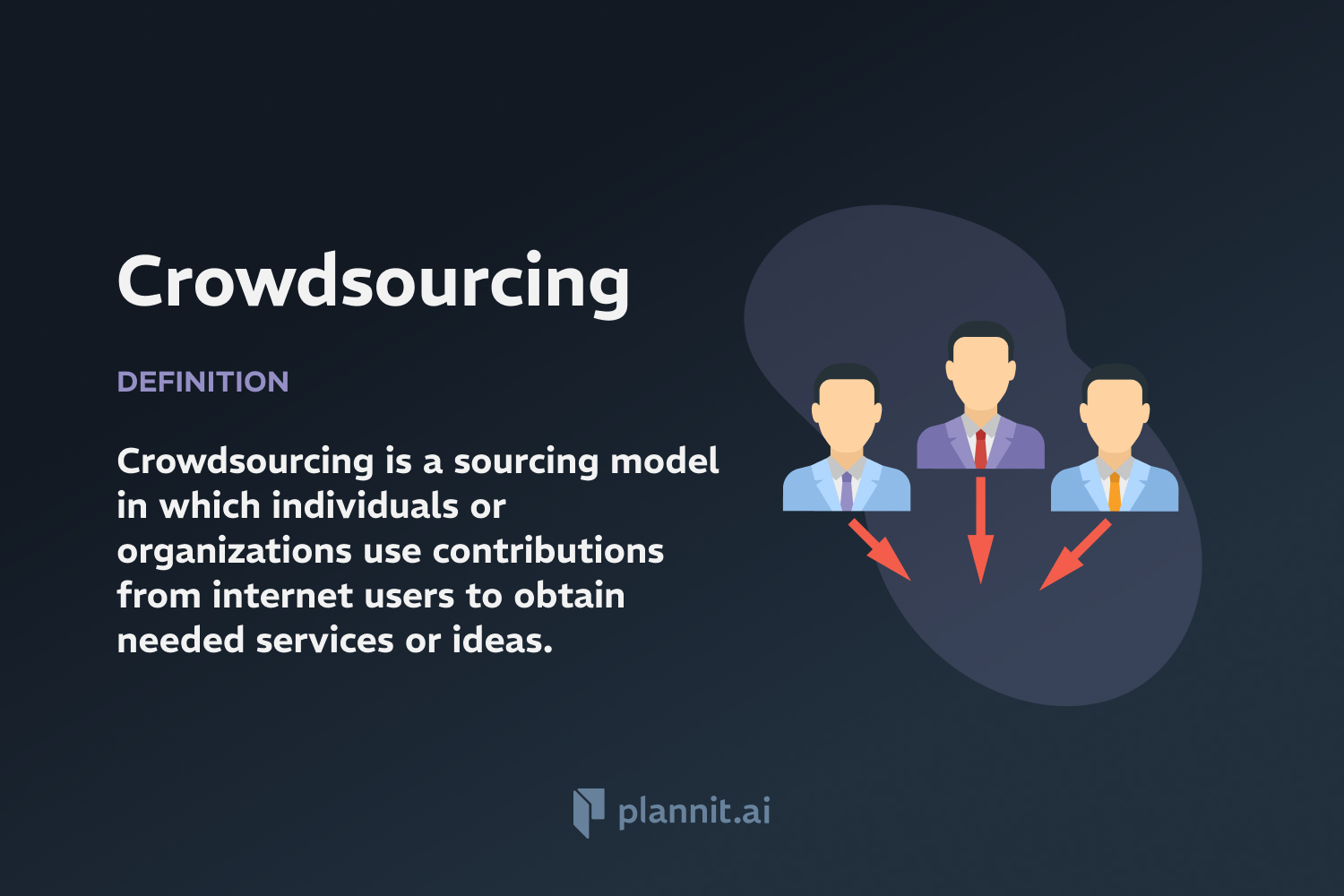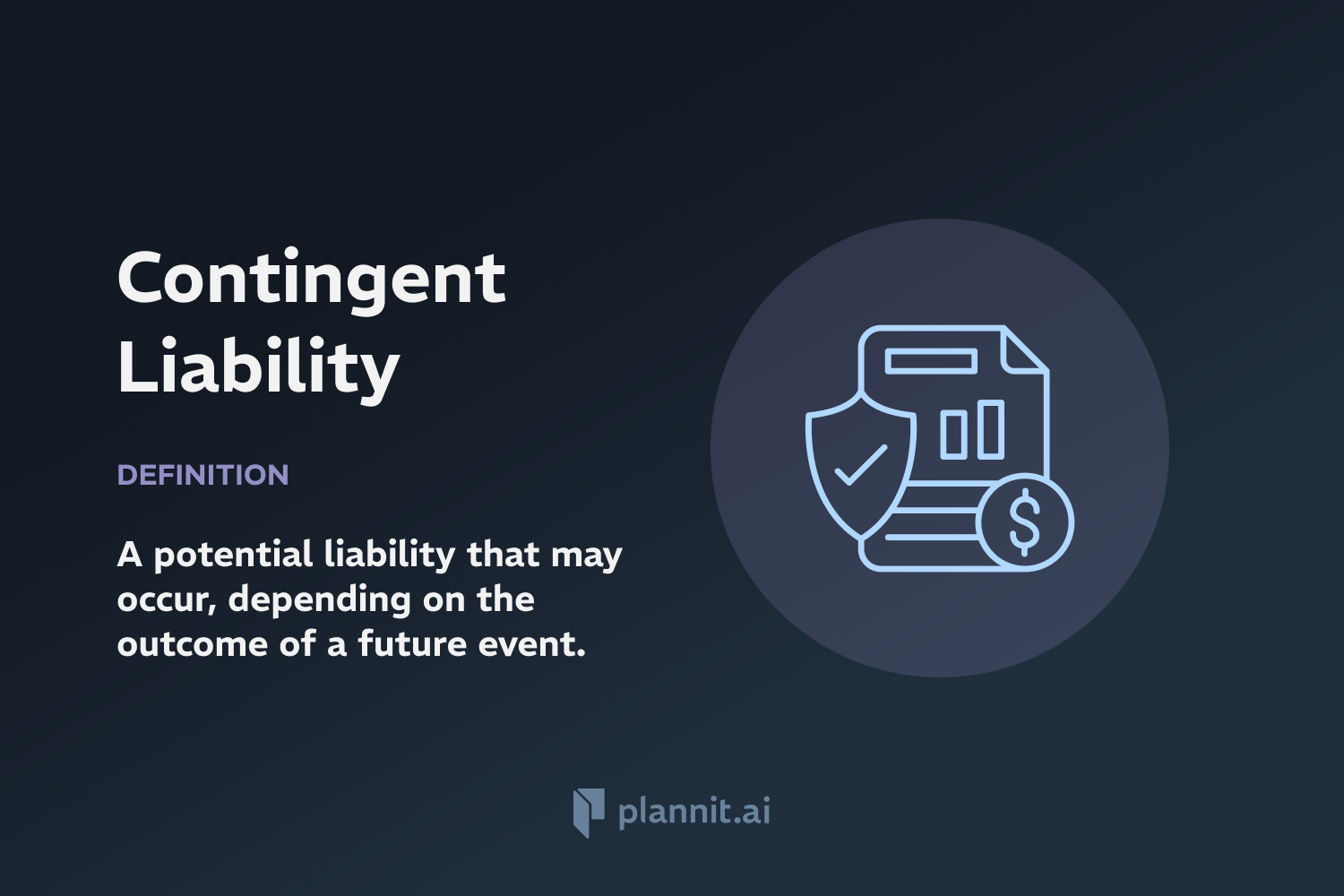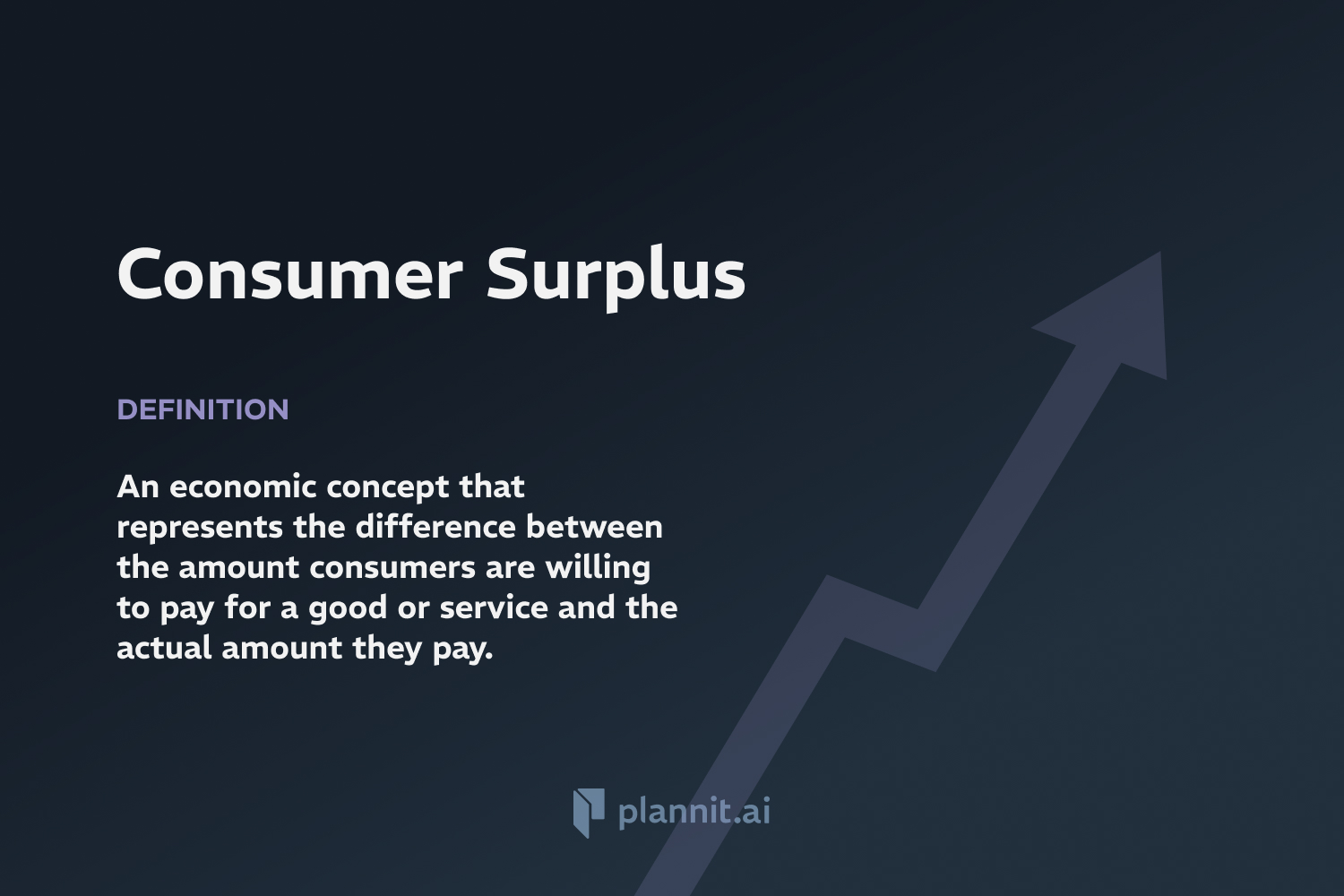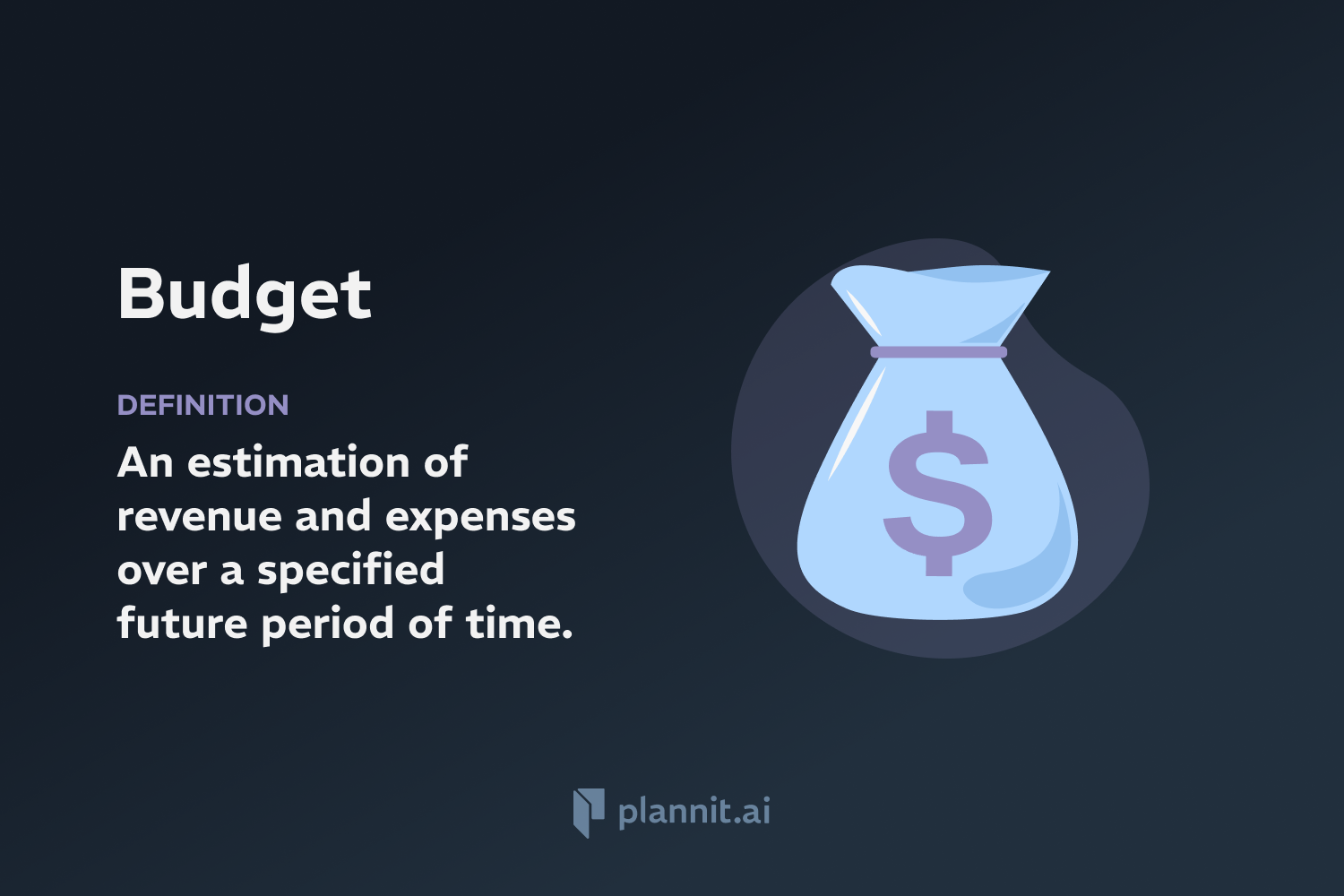Need Help With Your Business Plan?
Answer tailored questions and get a detailed business plan in minutes.
Crowdsourcing: Definition & In-Depth Explanation

Crowdsourcing is a sourcing model in which individuals or organizations obtain goods and services, including ideas, voting, micro-tasks, and finances, from a large, relatively open and often rapidly evolving group of internet users. It merges contributions from a large group of people to achieve a cumulative result, effectively leveraging the collective intelligence of a community for specific purposes, such as problem-solving, innovation, or efficiency enhancement.
Purpose:
The purpose of crowdsourcing is to tap into the collective expertise of a broad audience to gather varied information, ideas, or contributions that a single organization or individual might not be able to develop alone. This approach can enhance creativity, reduce costs, and increase efficiency, particularly in tasks such as data analysis, solution development, and creative work.
Example:
A well-known example of crowdsourcing is Wikipedia, where volunteers from around the world contribute articles and edit content, collaboratively building a vast repository of knowledge. Another example is crowdfunding platforms like Kickstarter, where individuals fund projects or products in exchange for early access, rewards, or equity.
Related Terms:
Open Innovation: A paradigm that assumes firms can and should use external ideas as well as internal ideas and paths to market as they look to advance their technology.
Crowdfunding: A form of crowdsourcing that involves raising monetary contributions from a large number of people, typically via the internet, to fund a project or venture.
Microwork: Small, piecemeal tasks that are distributed across a crowd of workers, often via platforms that facilitate such exchanges.
Collective Intelligence: Group intelligence that emerges from the collaboration and competition of many individuals.
FAQs:
What are the advantages of crowdsourcing?
Crowdsourcing can lead to cost reductions, increased scalability, faster solutions, diversity of thought, and high-quality results due to leveraging the talents of a large group of people.
What are the challenges associated with crowdsourcing?
Challenges include managing the quality and consistency of contributions, protecting intellectual property, ensuring fair compensation, and maintaining control over the project and its outcomes.
How do companies ensure the quality of results in crowdsourcing?
Companies often use peer review systems, establish clear guidelines for contributions, implement quality control checks, and use skilled community managers to oversee the process.
Can crowdsourcing be used for any type of project?
While crowdsourcing is versatile, it is particularly effective for tasks that can be clearly defined and broken down into smaller parts or where a large volume of ideas and solutions is beneficial. It may not be suitable for highly specialized or confidential tasks.
How does crowdsourcing differ from traditional outsourcing?
Unlike traditional outsourcing, which typically involves contracting a third-party provider to perform specific services, crowdsourcing distributes tasks to a large, anonymous crowd, usually through an open call over the internet.
Get funding with a business plan that will impress investors.
Starting a New Business?



